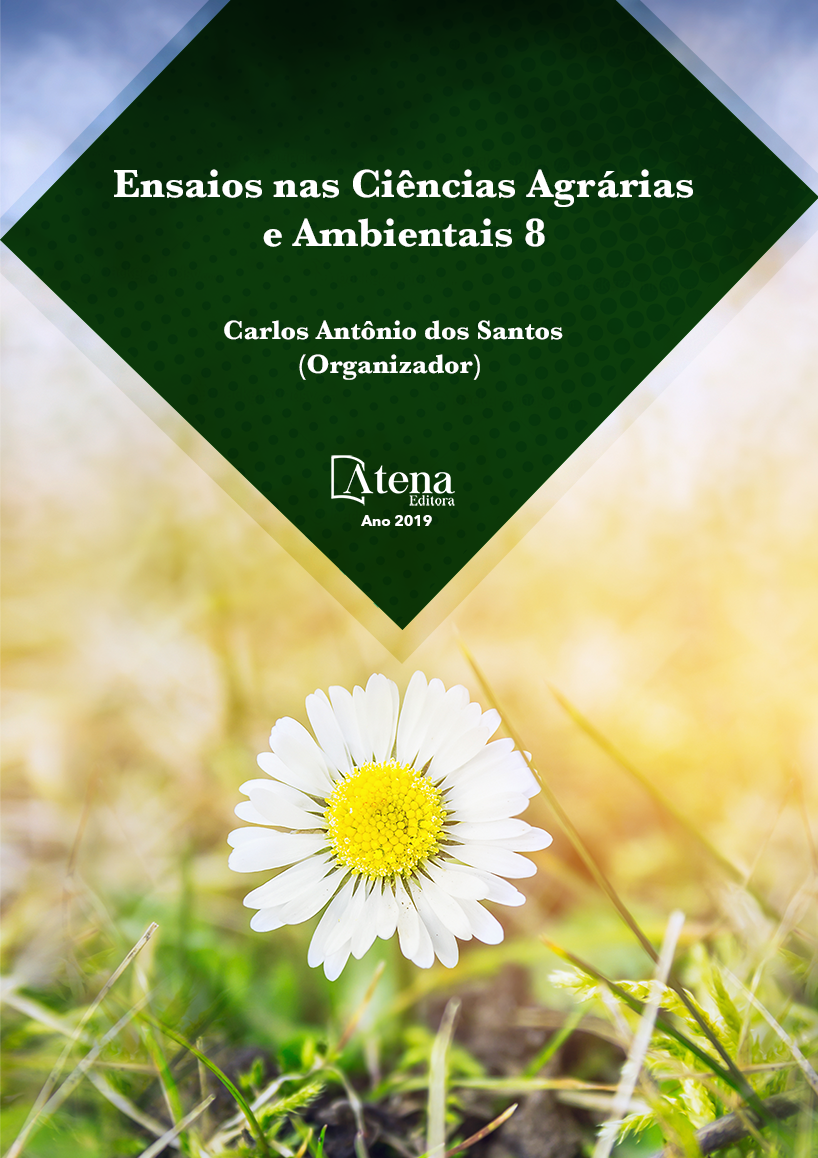
MANEJO FLORESTAL DO CUMARU: um experimento rentável e sustentável em Óbidos, Estado do Pará.
Este artigo é sobre “O Manejo
Florestal do Cumaru (Dipteryx odorata): uma
prática rentável e sustentável em Óbidos no
Pará”. Tendo como objetivos: a) investigar a
existência do manejo do cumaru; b) identificar
se Óbidos possuía projetos de incentivos às
práticas sustentáveis; c) conhecer técnicas de
plantio, mercado consumidor da amêndoa; d)
acessar os possíveis entraves existentes no
manejo desse vegetal. Foram revisitados os
autores: Leff (2009); Esterci (2014); Silva (1996);
Cruz (2011); Jauregui et al (2011) e Rêgo et al.,
(2017). É uma pesquisa qualitativa, pelo método
Estudo de Caso. Realizou-se entrevistas com
perguntas norteadoras e analisou três cenários,
dois rurais e um urbano. Os resultados
visibilizaram a existência de manejo florestal
do cumaru no município, através do Sr. Edgar
Leão, e um produtor de mudas. Registrouse a existência de um viveiro de mudas, para
beneficiar agricultores e projetos sociais.
Técnicas de germinação, plantio de mudas,
tempo de frutificação compõem resultados
inéditos da pesquisa em Óbidos. Tendo a
burocratização quanto a legalidades da terra
e a falta de políticas públicas como entraves
para o manejo do cumaru. O mercado nacional
e internacional desse vegetal está em voga e
aberto economicamente, com aceitabilidade
pelas diversas utilizações. As notáveis
positividades do manejo florestal do cumaru
não só para a população local, como para
outros que dependem da floresta em pé foram:
equilíbrio ambiental, por ser cumaru uma árvore
de porte médio e viável para reflorestamento
de áreas degradadas, possibilidades de renda,
cultura permanente e viabilidade sustentável.
MANEJO FLORESTAL DO CUMARU: um experimento rentável e sustentável em Óbidos, Estado do Pará.
-
DOI: 10.22533/at.ed.5101927025
-
Palavras-chave: Dipteryx odorata. Manejo. Sustentabilidade.
-
Keywords: Dipteryx odorata. Management. Sustainability.
-
Abstract:
This article is about “Cumaru
Forest Management (Dipteryx odorata): a
profitable and sustainable practice in Óbidos in
Pará”. Aiming to: a) investigate the existence of
cumaru management; b) identify if Óbidos had
projects to encourage sustainable practices; c)
know techniques of planting, almond consumer
market; d) access to possible obstacles in the
management of this plant. The authors were
revisited: Leff (2009); Esterci (2014); Silva
(1996); Cross (2011); Jauregui et al (2011) and
Rêgo et al., (2017). It is a qualitative research,
by the Case Study method. Interviews were
conducted with guiding questions and analyzed
three scenarios, two rural and one urban. The results showed the existence of cumaru
forest management in the municipality, through Mr. Edgar Leão, and a producer of
seedlings. The existence of a nursery of seedlings was registered, to benefit farmers
and social projects. Techniques of germination, planting of seedlings, fruiting time
make up unpublished results of the research in Óbidos. Having bureaucratized the
legalities of the land and the lack of public policies as obstacles to the management of
cumaru. The national and international market of this vegetable is in vogue and open
economically, with acceptability by the diverse uses. The notable positives of cumaru
forest management, not only for the local population, but also for others that depend
on the standing forest were: environmental balance, because it is a medium-sized and
viable tree for reforestation of degraded areas, income possibilities, culture sustainable
viability.
-
Número de páginas: 15
- Izis Aniê de Paiva Câncio
- Fabiana Gomes Fábio


